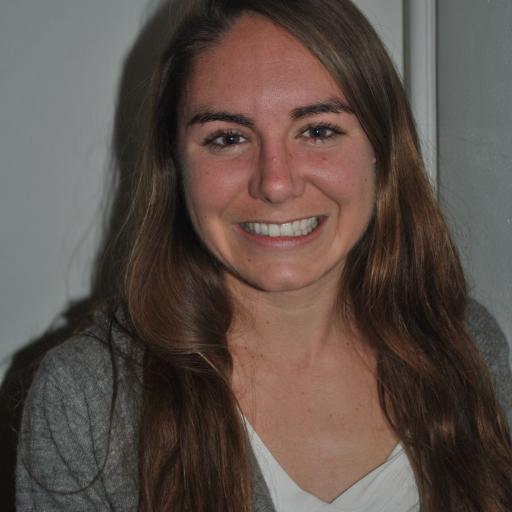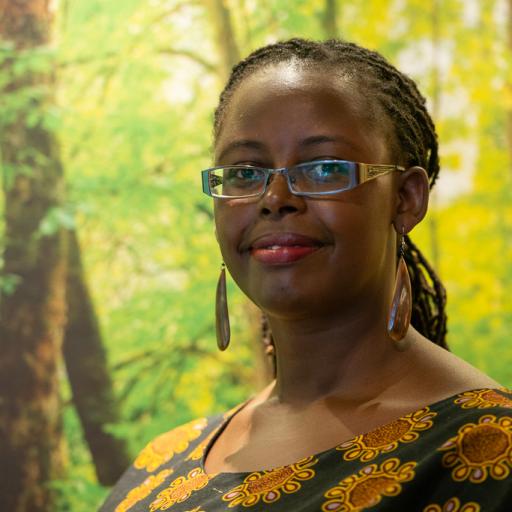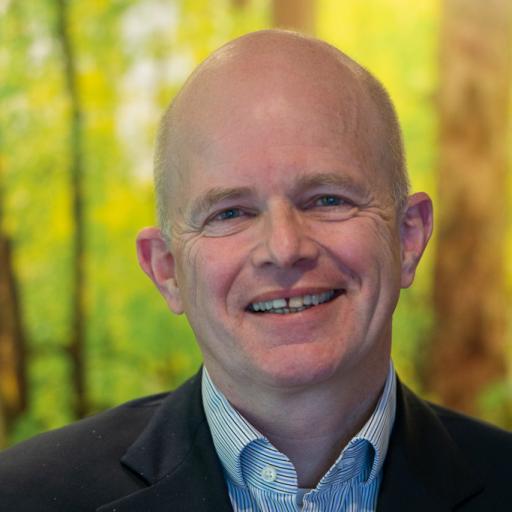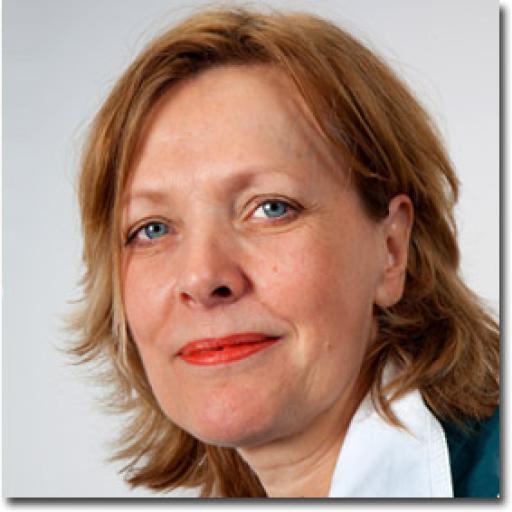Official project title: Frugal Innovations and Responsible Entrepreneurship:
Case Studies in the Water and Health Sectors in East Africa.
Project leader: Prof. dr. Cees van Beers
Duration: 2015 - 2019
ICFI, in consortium with Dutch companies and African entrepreneurs, has received funding for this four-year project from the Responsible Innovation programme of the Netherlands Organisation for Scientific Research (NWO). The research project is co-funded by three Dutch companies in the 'Water' and 'Health' Top Sectors: Royal Philips and the water companies OASEN and Hatenboer. Prof. dr. Cees van Beers is project leader. Dr. Elsie Onsongo explores the frugal and inclusive business models designed and deployed in base of the pyramid markets, how they balance ethics and profitability, and how they interact with the institutional elements in these contexts. Dr. Haye Hazenberg studies the possibility of developing an ethical business model for technological innovation at the Bottom of the Pyramid. Rachel Howell conducts research on frugal innovations in the water and health sectors in East Africa, focusing on inclusive business models and how frugal innovations can bring about local economic development impact.
Keywords: Africa, frugal innovation, water innovation, health innovation, health innovation, bottom of the pyramid, entrepreneurship, business model, impact assessment, poverty reduction, value creation
New design and business model approaches will enable Dutch companies to develop successful frugal water and health innovations in Africa, both from a commercial and a socio-ethical perspective.
By collaborating with local entrepreneurs in Africa Dutch companies can develop frugal innovations – simple, affordable and functional versions of existing products – in a profitable manner. Frugal water and health innovations in Africa may potentially combine value capture and societal value creation, therewith creating a mutual benefit. Output of this project is a model that includes local, context-specific socio-ethical values in the product development process and new business models which will inform future frugal innovations. The innovations developed in the future may also have potential for European markets.

Frugal innovation is a product development and production strategy that brings relatively sophisticated products, services and systems in a responsible way within the reach of the billions of poorer and emerging new middle class consumers at the Middle and Bottom of the Income Pyramid. Due to price sensitivity of the large numbers of consumers in the lower-income groups in the global south the turnover can only increase by redesigning products and services in such a way that the end-result answers to the demand for affordability and the wish for context-specific product traits.
Frugal Innovations are innovations for resource constrained environments that can be placed on the junction of affordability and ‘good enough quality’, while still having basic functionality. This necessitates the explicit
inclusion of local ethical and social values in the design
and production. Co-designing and co-producing with local
entrepreneurs is very important.
Opportunities
A problem for innovation in developing countries is that good, reliable infrastructures for electricity, water, communication and transportation are often lacking. Frugal innovations provide opportunities to skip (leapfrogging) the phase of copying the ‘heavier’ infrastructures in the developed world. By for example using the latest mobile technology more decentralised, potentially cheaper and more efficient systems are in their reach which also have potential in European markets.
The challenge is not simply to provide stripped down versions of Western products to poorer consumers, but instead to provide locally better fitting, cheaper alternatives without sacrificing user value. One of the elements to make frugal innovation a success is to make it inclusive, so that it fits into the local, resource constrained environment in developing countries.
Water and health
 Many examples of frugal innovation can be observed in Africa, ranging from solutions to water collection problems (HippoRoller) and issues with highly polluting cook stoves (development of a range of sustainable stoves) to the emergence of new, mobile, ways to pay bills and save money (M-Pesa, Airtel, Zoona).
Many examples of frugal innovation can be observed in Africa, ranging from solutions to water collection problems (HippoRoller) and issues with highly polluting cook stoves (development of a range of sustainable stoves) to the emergence of new, mobile, ways to pay bills and save money (M-Pesa, Airtel, Zoona).
By studying a number of concrete cases of private partners from the water and health sector, the research team - which includes specialists in ethics, economics, engineering and policy analysis – develops a new model for frugal innovation. Each case addresses a different building block for the integrative model. The theory behind it originates from
- socio-technical systems;
- early engagement in new technologies;
- entrepreneurship;
- inclusive business models and local economic development.
An important result so far is a questionnaire that is useful to make an impact assessment in water cases. The expected results will support both Dutch companies and local African entrepreneurs. It will also provide new insights that are important for the reinvention of innovations in the Netherlands, such as the drinking water supply.







